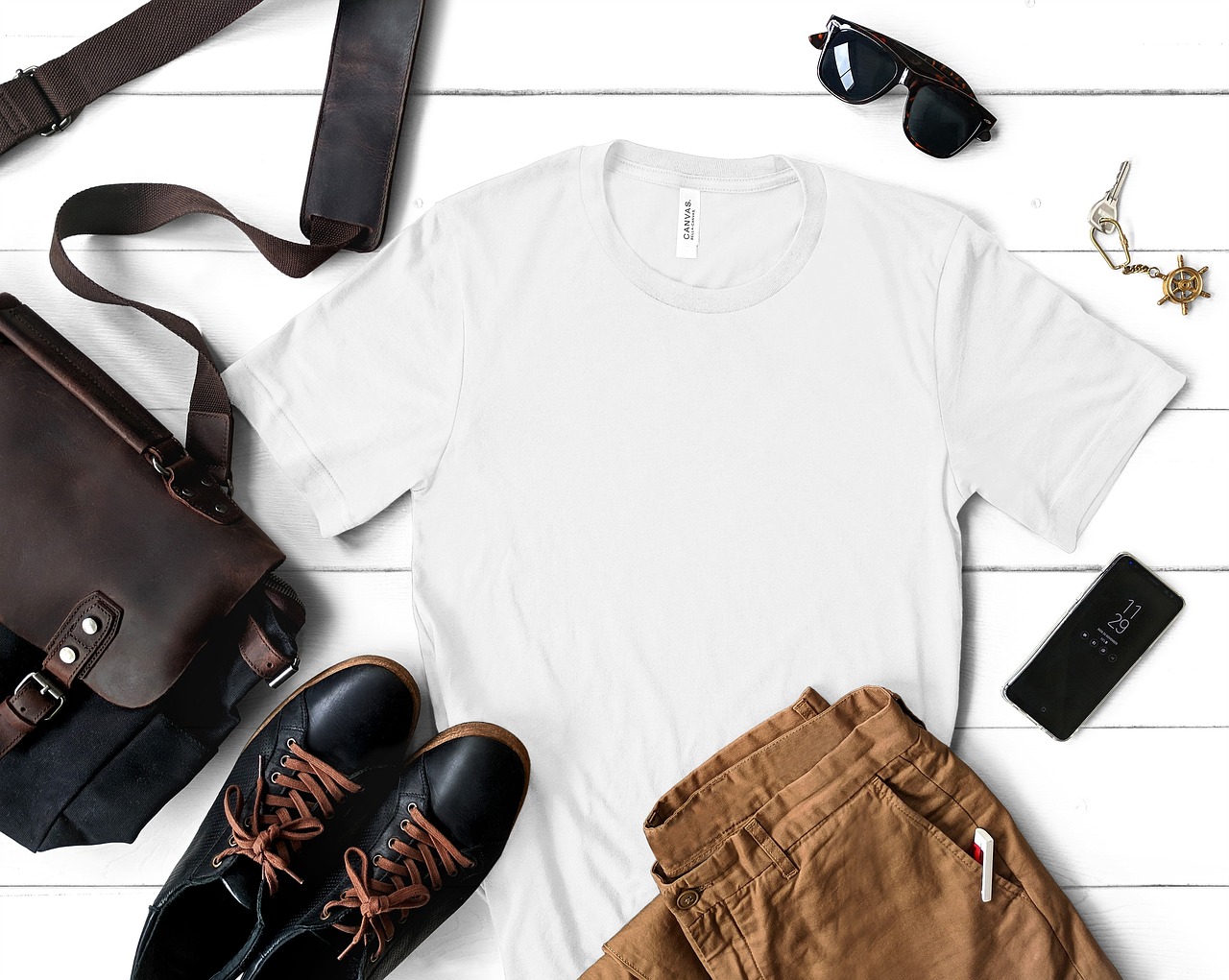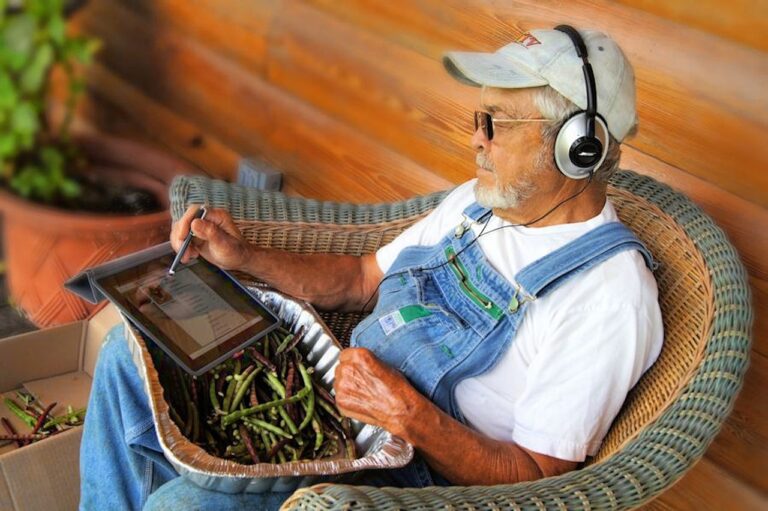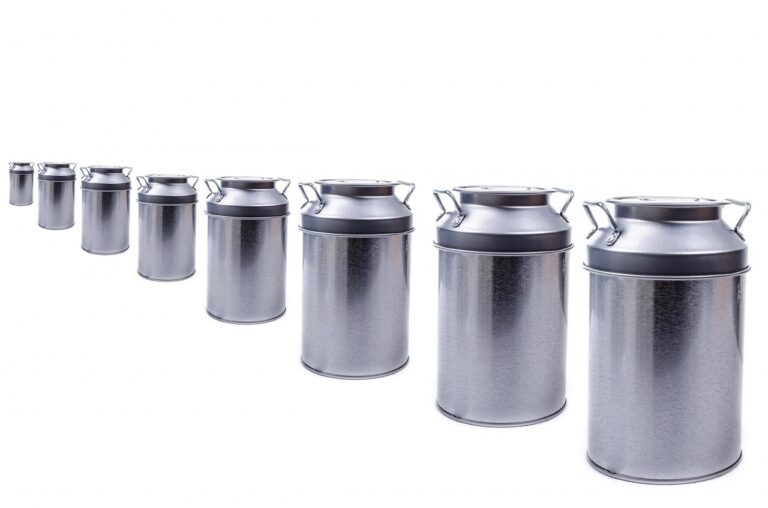Fabrics in Sustainable Camping Gear: Eco-Friendly Tents and Sleeping Bags: Allpanel 777, Laserbook247.online, 99exch.in
allpanel 777, laserbook247.online, 99exch.in: Sustainable camping gear is becoming increasingly popular among outdoor enthusiasts who want to minimize their impact on the environment. One key aspect of sustainable camping gear is the use of eco-friendly fabrics in tents and sleeping bags. These fabrics are not only better for the planet, but they also offer great performance and durability for outdoor adventures. In this article, we will explore some of the best eco-friendly fabrics used in camping gear and why they are a great choice for eco-conscious campers.
Cotton Canvas Tents: Cotton canvas is a popular choice for eco-friendly tents as it is a natural and biodegradable material. Cotton canvas tents are breathable, durable, and provide excellent insulation, making them a great choice for all seasons. Additionally, cotton canvas is a renewable resource, making it a sustainable option for camping gear.
Hemp Fabrics: Hemp is another eco-friendly fabric that is often used in camping gear. Hemp is a fast-growing plant that requires minimal water and pesticides to grow, making it an environmentally friendly choice. Hemp fabrics are known for their durability and resistance to mold and UV rays, making them a great option for outdoor use.
Recycled Polyester: Recycled polyester is a popular choice for eco-friendly sleeping bags. Recycled polyester is made from post-consumer plastic bottles, diverting them from landfills and reducing the need for virgin polyester production. Recycled polyester sleeping bags are lightweight, moisture-wicking, and provide great insulation, making them a great choice for eco-conscious campers.
Bamboo Fabrics: Bamboo is a sustainable and renewable resource that is often used in camping gear. Bamboo fabrics are soft, breathable, and naturally antibacterial, making them a great choice for sleeping bags and clothing. Bamboo is also fast-growing and requires minimal water and pesticides to grow, making it an eco-friendly choice for camping gear.
Wool: Wool is a natural and sustainable material that is often used in camping gear for its excellent insulation and moisture-wicking properties. Wool is biodegradable and renewable, making it a great eco-friendly choice for sleeping bags and base layers. Wool is also naturally odor-resistant and flame-retardant, making it a versatile and eco-friendly option for outdoor adventures.
Cork Fabric: Cork fabric is a sustainable and eco-friendly material that is often used in camping gear for its durability and water-resistance. Cork fabric is made from the bark of cork oak trees, which can be harvested without harming the tree. Cork fabric is lightweight, antimicrobial, and biodegradable, making it a great choice for eco-conscious campers.
In conclusion, eco-friendly fabrics are a great choice for sustainable camping gear. These fabrics offer great performance and durability for outdoor adventures while minimizing the impact on the environment. By choosing camping gear made from eco-friendly fabrics, you can enjoy the great outdoors while protecting the planet for future generations.
FAQs
Q: Are eco-friendly fabrics more expensive than traditional fabrics?
A: Eco-friendly fabrics can sometimes be more expensive than traditional fabrics due to the sustainable production methods and higher quality materials used. However, the long-term benefits of eco-friendly fabrics, such as durability and environmental impact, make them a worthwhile investment for eco-conscious campers.
Q: How do I care for camping gear made from eco-friendly fabrics?
A: It is important to follow the care instructions provided by the manufacturer for camping gear made from eco-friendly fabrics. In general, gentle washing with mild detergent and air drying is recommended to extend the lifespan of the gear and maintain its eco-friendly properties.







